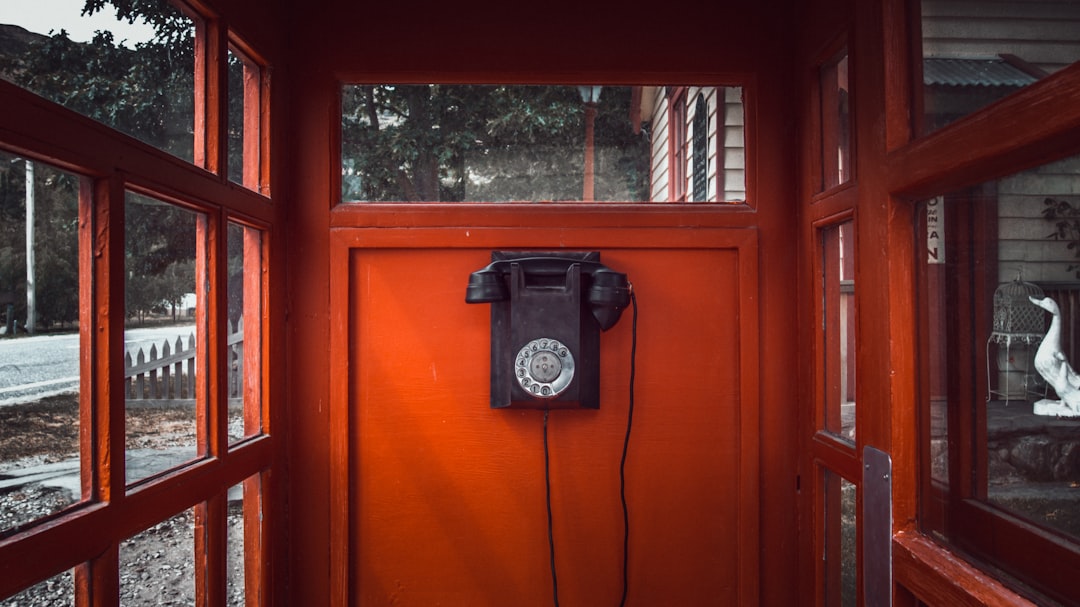Robocalls in San Antonio are regulated by state and federal laws like the TCFA and Telephony Consumer Protection Act (TCPA). Residents can opt-out of pre-recorded messages and have legal recourse against violators. Consulting a Robocall Lawyer San Antonio offers guidance on filing complaints, determining rights infringement, and potential compensation for repeated unsolicited calls despite registration on the National DoN't Call Registry.
Can you take legal action against a San Antonio-based company for making unwanted robocalls? If you’ve been on the receiving end of these persistent automated calls, you may be left feeling frustrated and wondering about your rights. This article explores your options as a consumer in Texas, delving into anti-robocall laws, valid reasons for legal action, and steps to navigate suing a San Antonio-based company. If you’re considering hiring a Robocall Lawyer San Antonio, understanding these aspects is crucial.
Understanding Robocalls and Consumer Rights

Robocalls, or automated phone calls, have become a pervasive issue for many San Antonio residents and across the country. While some robocalls promote valuable services, many are considered unwanted and intrusive, leading to consumer frustration. These automated messages often violate individuals’ privacy rights and can be a result of telemarketing, debt collection, or political campaigns.
Consumers in Texas, including San Antonio, have certain rights when it comes to robocalls. The Telemarketing and Consumer Fraud and Abuse Prevention Act (TCFA) restricts the practices of telemarketers, giving consumers the right to opt-out of receiving pre-recorded messages. If you’ve been bothered by persistent robocalls, consulting a Robocall Lawyer San Antonio can help you understand your legal options. They can guide you through the process of filing a complaint and potentially pursuing action against companies violating your rights.
Legal Framework for Anti-Robocall Laws in Texas

In Texas, including the city of San Antonio, the legal framework for combating robocalls is primarily governed by the Texas Business and Commerce Code. This code outlines strict regulations against unsolicited telephone solicitations or calls, often referred to as robocalls. The law grants individuals the right to seek legal remedies against companies that violate these rules.
If you’re a resident of San Antonio and have been subjected to persistent or unwanted robocalls, consulting with a Robocall Lawyer San Antonio can provide valuable guidance. These attorneys specialize in navigating the complex legal landscape surrounding anti-robocall laws and can help determine if a company has infringed upon your rights, potentially enabling you to pursue compensation or other legal actions.
Evaluating Valid Reasons for Robocall Suits

Evaluating valid reasons for robocall suits is crucial for San Antonio residents considering legal action against local companies. If a business has made repeated automated phone calls to your number, despite your registration on the National Do Not Call Registry, it could indicate a violation of federal and state telecommunications laws.
Hiring a Robocall Lawyer in San Antonio can help you determine if you have a strong case. They will assess factors such as the frequency and nature of the calls, whether consent was given for marketing purposes, and any attempts to opt out or stop the calls. Having solid proof of these violations is essential when pursuing legal action against a company for robocalls.
Navigating Legal Actions Against San Antonio Companies

Navigating legal action against a San Antonio-based company for robocalls can be a complex process, especially with the ever-changing landscape of telecommunications laws. If you’ve been plagued by unwanted automated calls, understanding your rights and options is crucial. The first step is to gather evidence, including call records and any communications with the company. A Robocall Lawyer San Antonio can assist in this regard, helping to document and preserve critical data that will support your case.
Next, familiarizing yourself with relevant state and federal regulations is essential. Laws such as the Telephone Consumer Protection Act (TCPA) offer protections against nuisance calls, and violation of these laws can lead to significant financial penalties for companies. A legal professional specializing in robocall cases can guide you through these regulations and help determine if your case has merit. They’ll also ensure that any actions taken adhere to legal procedures, increasing the chances of a favorable outcome.






